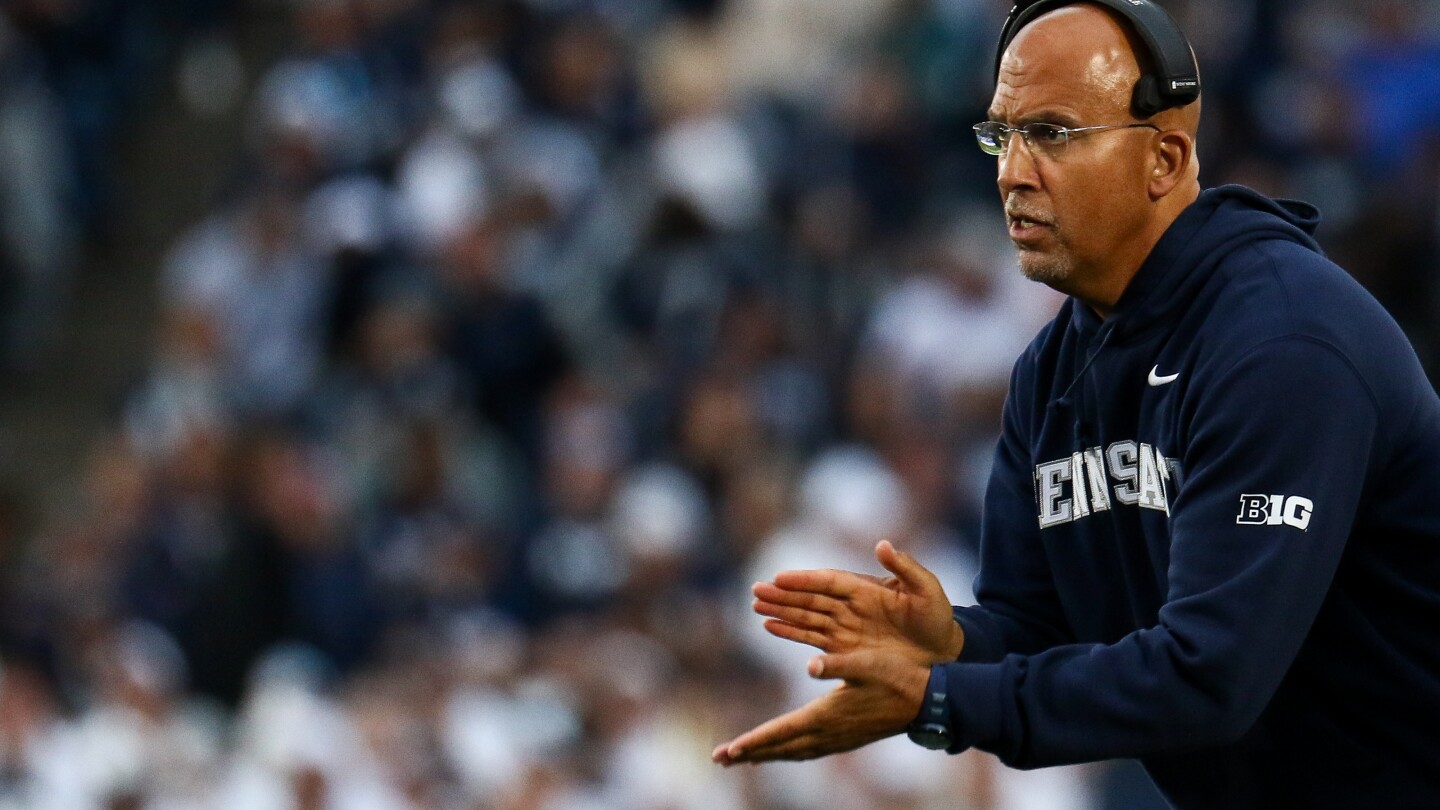
Rampant buyouts debunk the “sky is falling” college football narrative
James Franklin’s $49 million buyout is just one piece of a nine-figure puzzle. Sunday firings at Florida and Colorado State have pushed the total college football money-for-nothing figure to $116 million.
And it’s only October 20.
There will be more firings. More buyouts. More college football programs not flinching at the cost of doing business when it comes to no longer wanting to be in business with the current coach.
It underscores the fact that the ongoing “sky is falling” narrative regarding college football is, frankly, nonsense. Their cheese has moved, in the form of players making unprecedented cheddar. The cash from the boosters that used to go exclusively to the program is being spread to NIL payments and direct compensation to players. All because the entire model of college sports was, and in many respects still is, a walking, quacking, flapping antitrust violation.
Whether it’s Cody Campbell or the conference commissioners or grumpy old men tied to programs that have less resources available than others, the notion that the sport is under siege is a lie. That lie is being propagated like modern political debates, by linking preferred solutions to irrelevant topics like “saving” Olympic sports.
They know the toothpaste won’t fully go back into the tube. The goal is to keep more of it from squirting out, and maybe to find a way to wedge some of it back inside.
The willingness to fire a coach and to pay him to go away proves it. If the walls were indeed tumbling down, buyouts would be a non-starter.
It’s not about making ends meet. The ends are meeting. They’re just not overlapping to the extent they used to. Those who resent the fact that it’s now harder to generate the same margins are looking for an easy fix to the legal mess that exploited players for decades.
The ratings are up. The sport is as competitive now as it was before players got paid. It’s all about the “haves” not liking the fact that the “have-nots” finally have some. They want them to have less. And they want to use unfounded and flat-out fabricated fears to get the public behind efforts to fashion a political solution for a problem that the programs should be expected to solve on their own.
You break it, you bought it. The schools, under the umbrella of the NCAA, created a rampant, persistent series of antitrust violations. They should be expected to fix the situation, not to have someone fix it for them under the phony-baloney premise that, without a legislative remedy, college football will diminish or disappear.
All American industries are expected to operate in a way that complies with every applicable law. College sports got away with ignoring the antitrust laws, for far too long. Now that the reckoning has come, those who made the mess should be expected to clean it up.
The fact that the individual schools are able to quickly clean up the mess of a bad coaching hire by writing a check proves that, when it comes to the NIL/player compensation problem, there is much more money where the buyouts are coming from.
First Appeared on
Source link






